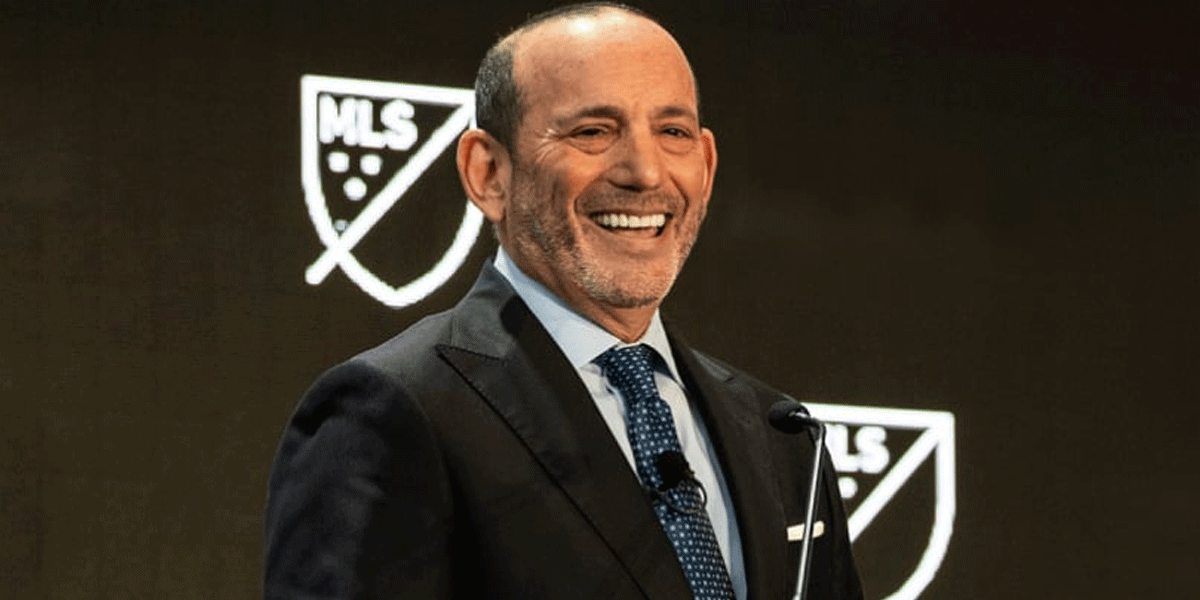Major League Soccer is preparing for its biggest scheduling change ever. Beginning in 2027, the league will move from its current calendar-year format to a summer-to-spring season, matching the timeline of major European leagues. Below you will see information about is news which has been summarized The Football Insight.

The 2027–28 campaign will kick off in July and conclude with the MLS Cup in late May, with a long winter break from mid-December to early February. Before the full switch happens, MLS will hold a short transitional season from February to May 2027 to determine qualification for key tournaments.
The goal of the change is to improve MLS’s global competitiveness while giving clubs better opportunities in the transfer market. It also ensures the league avoids competing directly with the NFL and college football, whose seasons overlap with the current MLS playoff window. The decision was approved by the league’s Board of Governors and has been met with excitement, curiosity, and some concern across the American soccer community.
While many applaud the move, MLS is also preparing for challenges especially winter weather in northern cities, where playing conditions will be far more difficult. Even with a winter break, cold-weather teams may still face complications.
Pochettino Applauds the Decision
U.S. national team head coach Mauricio Pochettino welcomed the change with open arms. He praised the move as “a great step forward” that puts MLS in line with the world’s top leagues. With experience coaching at both club and international levels, Pochettino believes this alignment will be beneficial for every part of American soccer. According to him, players, coaches, and clubs will all see improvements as international scheduling becomes easier to manage.
The Argentine coach also highlighted how valuable the change will be for youth development. Aligning with global calendars will allow national team staff to work with young players at key competition times, helping prepare future generations of U.S. talent. Pochettino described the shift as a milestone that supports long-term growth rather than short-term convenience.
He praised MLS leadership for taking such a significant step, saying the league is evolving in the right direction. For him, this change brings U.S. soccer closer to the standards and rhythms of European football, which he believes should be the reference point for progress.
Read Also: Lucas Paqueta and His Unfinished Story With Flamengo
League Leadership Celebrates a Landmark Moment

MLS Commissioner Don Garber called the calendar switch one of the most important decisions in league history. He believes aligning with world football’s top leagues will help MLS clubs compete more effectively on the global stage. Garber also emphasized that the move improves MLS’s position in the international transfer market, allowing teams to buy and sell players in sync with Europe.
Another major benefit is ensuring the MLS Cup Playoffs have the spotlight they deserve. By shifting the schedule, MLS avoids competing with major American football events that previously overshadowed its postseason. Garber described the move as the beginning of a “new era” for soccer in North America.
He also stressed that the real impact will be felt not just by clubs, but also by supporters, who will experience a more globally integrated league. With rising interest in American soccer, the timing of this shift may be crucial for future growth.
Challenges Ahead for a Growing League
Despite the excitement, the switch comes with real difficulties especially concerning winter conditions. Northern teams may face freezing temperatures, lower attendance, and tougher training environments. Even with a planned winter break, some matches will still occur during colder months, raising concerns about safety and fan experience.
There are also potential issues with player contracts and off-season length, which could lead to disagreements with the MLS Players Association. Adjusting the entire league’s rhythm will require negotiation, flexibility, and careful planning. MLS spans a vast geographical area, meaning weather conditions vary dramatically between markets.
Still, supporters and experts believe that the long-term benefits outweigh the short-term hurdles. As MLS moves toward 2027, the league enters a transformative stage one that could redefine soccer’s place in the United States for years to come. Follow footballcoasters.co.uk for weekly deep dives into football’s biggest story.